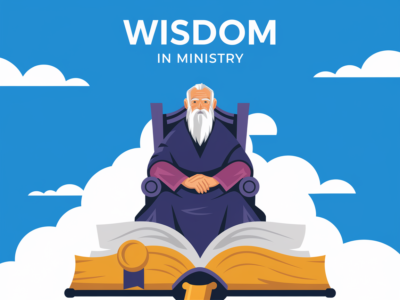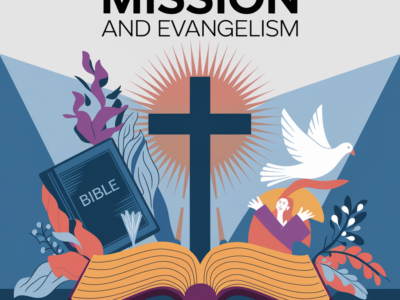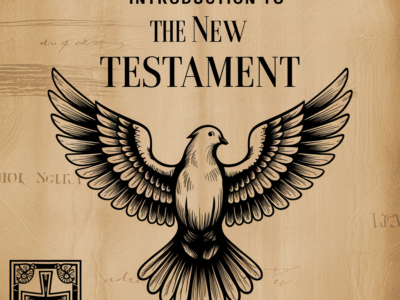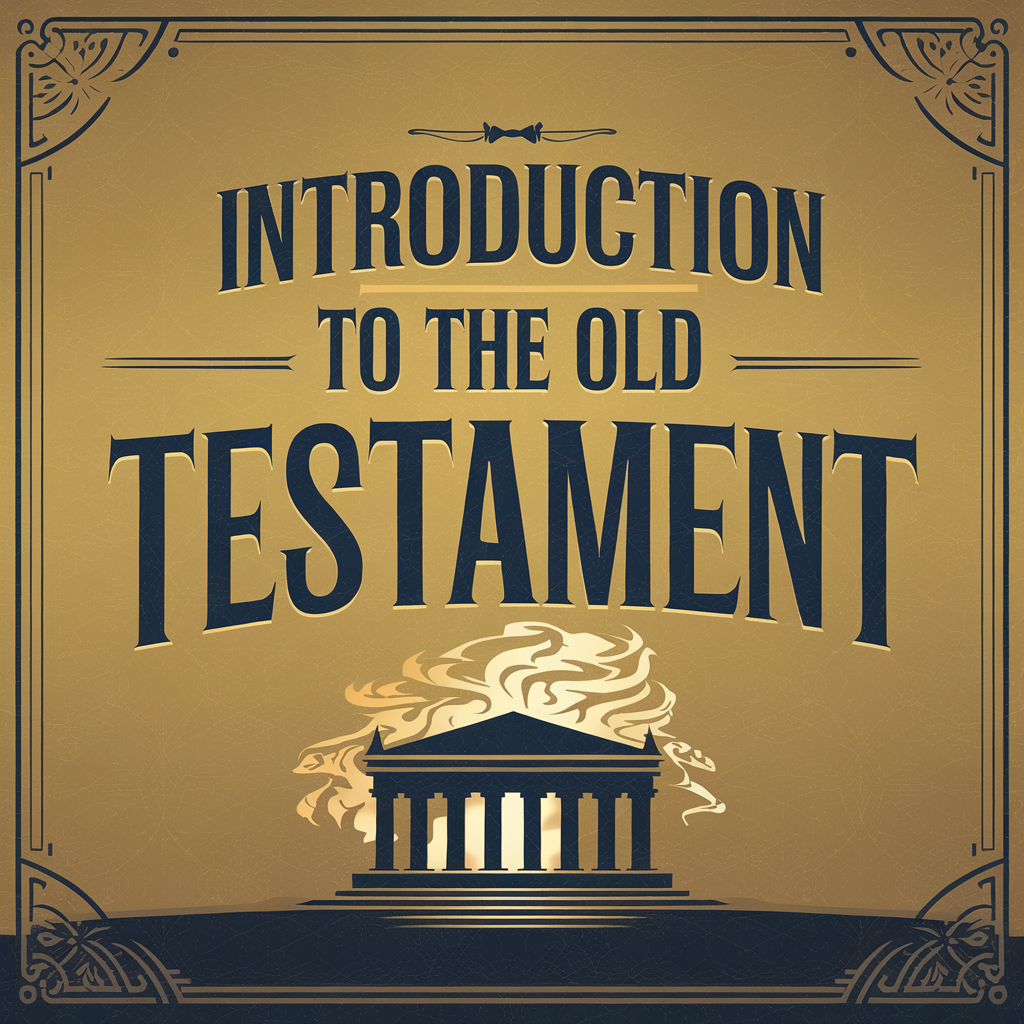Introduction to the Old Testament
This course delves into the foundational texts, themes, and historical contexts of the Old Testament. Students will explore its narrative arc, theological insights, and ethical teachings, divided into four key modules: Pentateuch, Historical Books, Wisdom Literature, and the Prophets. Participants …
Overview
This course delves into the foundational texts, themes, and historical contexts of the Old Testament. Students will explore its narrative arc, theological insights, and ethical teachings, divided into four key modules: Pentateuch, Historical Books, Wisdom Literature, and the Prophets. Participants will engage with significant texts to better understand the relationship between God and His people, Israel, as well as the enduring relevance of these ancient scriptures.
Certification
Upon successful completion, participants will receive a Certificate of Biblical Studies in the Old Testament, signifying a deep understanding of its historical, theological, and literary dimensions.
Course Objectives
- Understand the Old Testament’s Structure: Identify and explain the key sections, themes, and historical periods of the Old Testament.
- Explore Foundational Narratives: Analyze the theological and historical significance of the Pentateuch and the historical books.
- Examine Wisdom and Poetry: Understand the role of wisdom literature and its application to life and faith.
- Study Prophetic Messages: Investigate the themes of judgment, restoration, and messianic hope in the prophetic writings.
- Apply Biblical Principles: Reflect on the ethical and spiritual teachings of the Old Testament and their relevance for contemporary life.
Learning Outcomes
Upon completing the course, participants will be able to:
- Summarize the major themes and historical contexts of the Old Testament’s books.
- Analyze key texts from the Pentateuch, historical narratives, wisdom literature, and prophetic writings.
- Recognize the theological and ethical implications of Old Testament teachings.
- Understand the Old Testament’s role in shaping biblical theology and its connection to the New Testament.
- Apply interpretative methods to deepen their engagement with Old Testament texts and principles.
Curriculum
Curriculum
- 5 Sections
- 17 Lessons
- 10 Weeks
- Module 1: PentateuchThis module explores the first five books of the Bible, known collectively as the Pentateuch. These books lay the foundational theological and historical narratives of the Israelite people. The following books will be covered; Genesis: Creation to Joseph, Exodus: Slavery and Redemption, Leviticus: Holiness and Ritual, Numbers: Wilderness Wanderings, and Deuteronomy: Covenant Renewal5
- Module 2: Historical BooksThis module covers the narrative books that detail the history of Israel from its conquest of Canaan through the monarchy and into exile. The following books will be discussed; Joshua: Conquest of Canaan, Judges: Cycle of Apostasy, Samuel-Kings: Monarchy to Exile, Chronicles, Ezra, and Nehemiah: Restoration and Rebuilding4
- Module 3: Wisdom LiteratureExploration of the poetic and wisdom books of the Old Testament, which offer insights into the complexities of life, faith, and human relationships with God. The books to be covered include; Job: Suffering and Sovereignty, Psalms: Worship and Prayer, Proverbs: Wisdom and Folly, Ecclesiastes and Song of Solomon: Meaning and Relationship.4
- Module 4: Major and Minor ProphetsThis module deals with prophetic books, focusing on the themes of judgment, restoration, and the hope of a messianic future. The books to be covered are; Isaiah: Judgment and Salvation, Jeremiah: Covenant and Exile, Ezekiel: Glory and Restoration, and The Twelve Minor Prophets4
- Exam1






